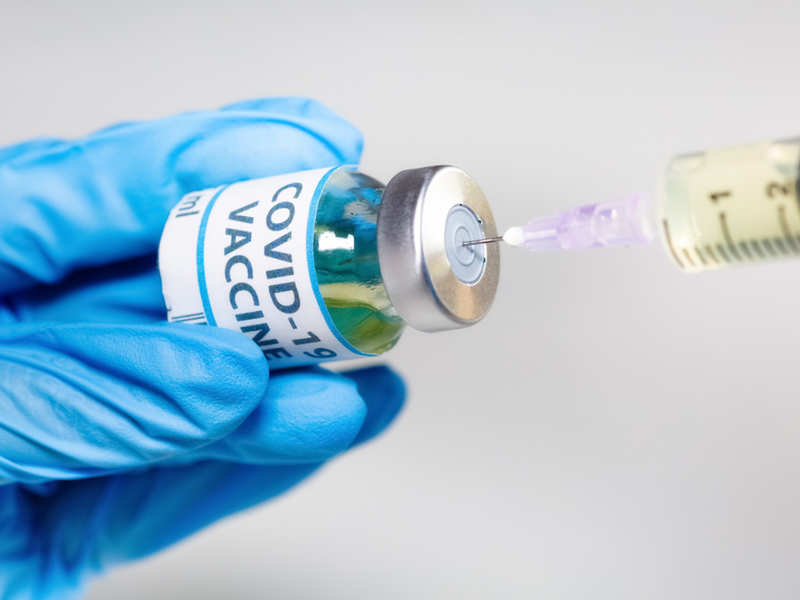Philippine Vows Strict Screening of Covid-19 Vaccine

Philippine officials on Thursday assured the public that any vaccine against the novel coronavirus would have to go through a strict regulatory screening before being made available to Filipinos.
Concerns over the safety of a new Russian vaccine against Covid-19 were raised after Moscow announced that it was ready to mass-produce it in October and offered to supply the Philippines or to team up with local firms to manufacture it in the country.
Eric Domingo, director-general of the Food and Drug Administration, said the Manila government will be “very careful” in approving the vaccine, called Sputnik V.
“We have to make sure before we roll out a vaccine that it’s safe and effective,” he said in a television interview. Domingo said Philippine officials have met with manufacturers and scientists who developed Sputnik V to discuss holding Phase 3 clinical trials in the country.
“The Philippines is a good site for a clinical trial because we know there is community transmission in many of our communities so you can select that area,” he said.
Presidential spokesman Harry Roque said Manila and Moscow were planning to simultaneously hold Phase 3 trials of the vaccine by October until March next year.
Russia will shoulder all the costs for the trials, which would involve up to 3,000 volunteers, he added. President Rodrigo Duterte earlier said he would volunteer to be “the first to be experimented on” with the vaccine.
“We expect the vaccine from Russia would be registered by April, which means that by May 1, 2021, our president can receive the shots,” Roque said. “It’s not a metaphorical statement. He’s willing to undergo it.”
The Department of Health on Thursday reported 4,002 additional coronavirus infections, pushing the country’s national tally to 147,526, the largest caseload in South-East Asia.
The death toll also rose to 2,426 with 23 additional reported deaths, it added. Confidence in vaccines in the country suffered a blow in 2017 when an anti-dengue immunization program was stopped due to safety concerns over the vaccine Dengvaxia.
Critics have linked the vaccine to hundreds of deaths of children who were inoculated between April 2016 and December 2017. The Philippines’ Food and Drug Administration has since revoked the vaccine’s registration.

